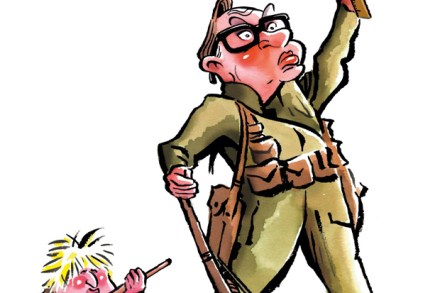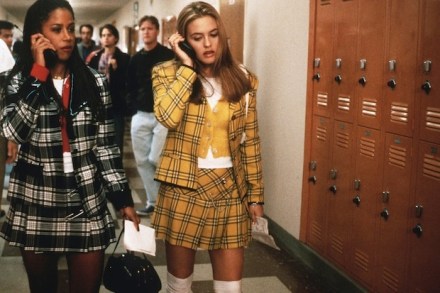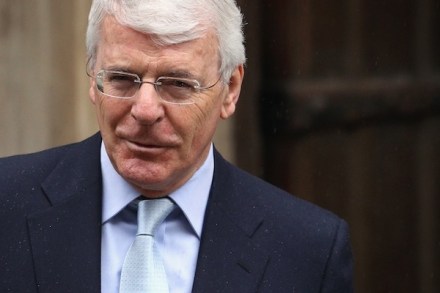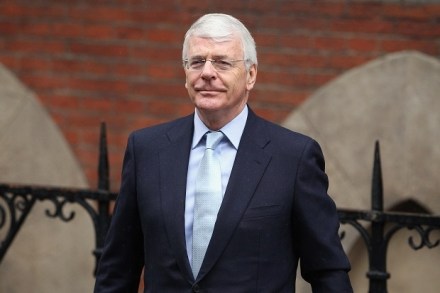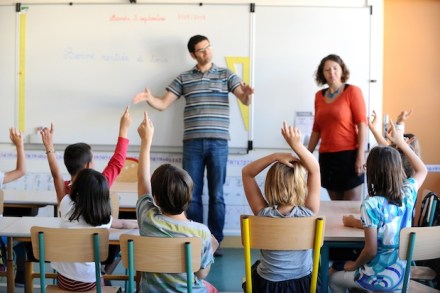Teacher training’s war on science
When I trained as a teacher, seven years ago, these are some of the things I was taught: it’s better for pupils to discover a fact than to be told it. Children learn best working on authentic, real-world projects. Schools and traditional subject boundaries are silos which stifle the natural creativity we all have within us. And this last fact especially: there is no point teaching a body of knowledge, because within a few years it will be outdated and useless. Don’t teach the what, teach the how. ‘Drill and kill’ and ‘chalk and talk’ will lead to passive and unhappy pupils. This, to a large degree, is still what


